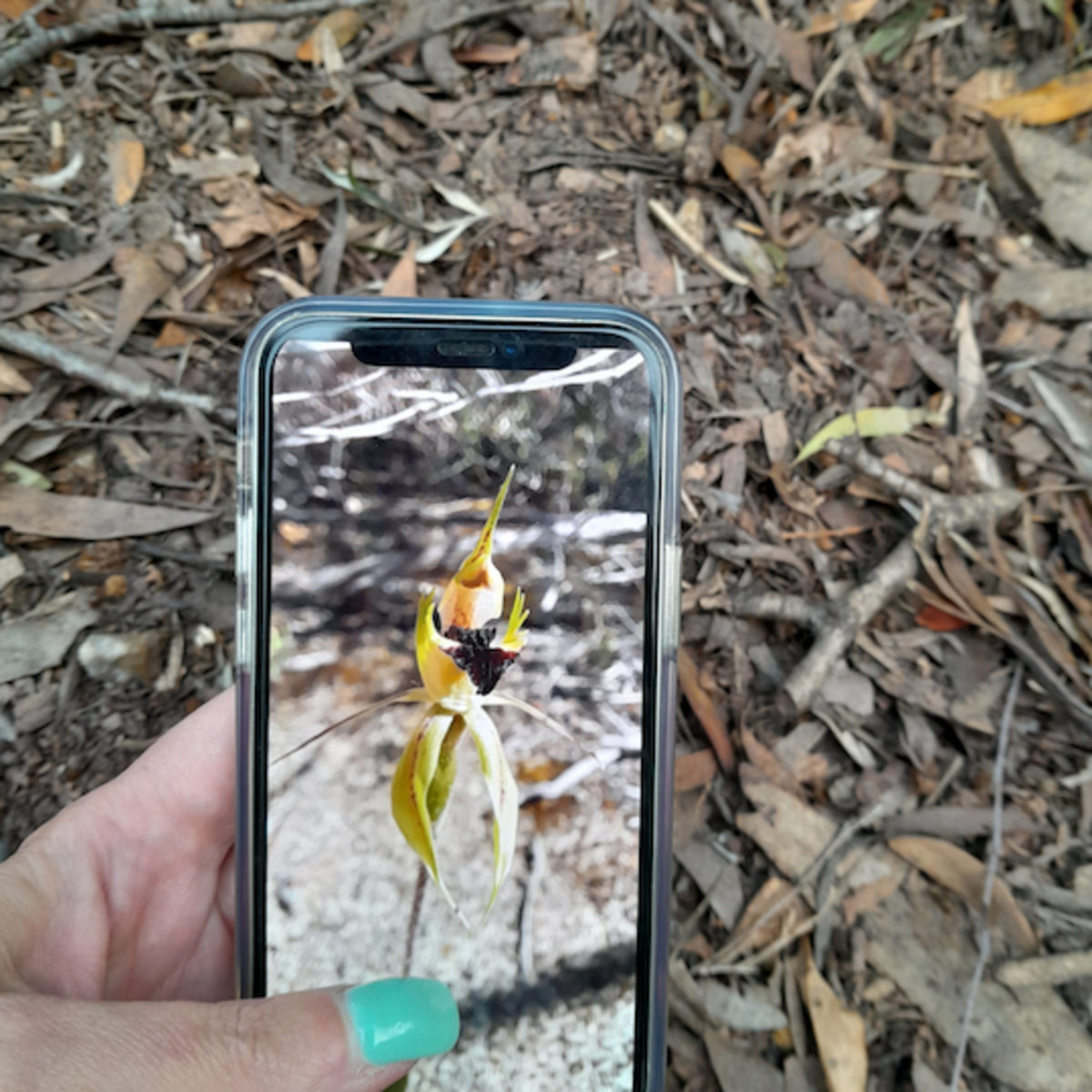Discovering Citizen Science: Making Conservation Second Nature
Staff Reporters
17 November 2024, 2:07 AM
 Taking Photo of Orchid. Photo supplied.
Taking Photo of Orchid. Photo supplied.Words: Sarah Ansell. Courtesy Coast Lines Magazine
Interested in learning more about nature, spending time outdoors and helping science at the same time? Citizen science is a way for us all to contribute to scientific research by observing and recording information about nature around us.
Getting involved in citizen science is fun, easy, and a great way to make a difference! Here’s how you can start contributing to important research with just a few simple steps:
1. Download a citizen science app like iNaturalist, TurtleSat, Wild Orchid Watch, or Frog Watch SA. These apps make it super easy to share what you see in nature—right from your phone!
2. Head outdoors and explore! Whether you’re on a bushwalk, beach walk, or visiting a local park, keep an eye out for plants, animals, or fungi. If you spot a turtle, orchid, or hear a frog call, grab your phone and take some images or record the sound.
3. Share your findings by uploading them through the app. It’s really simple—just take a picture, add the location, and submit. Your observations help scientists understand species distribution and health.
4. Discover more about your local flora and fauna by browsing observations on the Atlas of Living Australia (https://www.ala.org.au). It’s a great way to learn about the diversity of plants and animals that can be found in your area.
Whether you’re a nature lover wanting to learn more, or just curious, citizen science is a great way to get involved and make a positive impact for the environment. Want to learn more? Pop into the Strathalbyn Natural Resource at 6 Catherine Street Strathalbyn for support in uploading and using citizen science platforms.
Second Nature Conservancy are a not-for-profit environmental organisation.